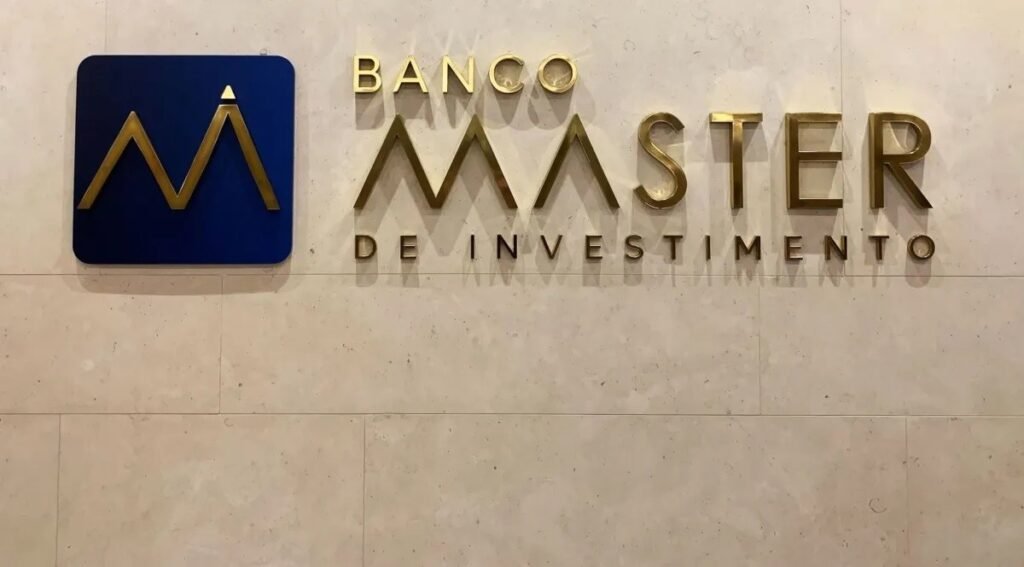Brazil Central Bank Closes Major Lender Amid Fraud Probe
Background
Brazil’s financial landscape witnessed a significant development as the nation’s central bank moved to shut down Banco Master, an institution holding assets valued at up to $16 billion. This decisive action follows an extensive federal police investigation into alleged widespread fraud within the country’s banking system. The move highlights a firm stance against financial malfeasance.
Market Context
The central bank confirmed the closure and the seizure of all assets belonging to Banco Master, along with those of its current and former executives. This intervention comes after months of reported liquidity challenges for the bank. Federal police had earlier revealed uncovering a substantial fraud, estimated at 12 billion Brazilian reais (approximately $2 billion), within the banking sector.
Local Relevance
Authorities arrested six individuals and froze billions in assets, including luxury vehicles, art, and high-value watches. The investigation reportedly targeted institutions suspected of reckless management and involvement in criminal organizations. Brazil’s Finance Minister, Fernando Haddad, expressed full confidence in the central bank’s robust decision-making process.
Outlook
This incident underscores the critical importance of stringent regulatory oversight in maintaining financial stability, particularly in emerging markets. Such high-profile shutdowns can send ripples through investor confidence, emphasizing the need for transparency and accountability. Brazil’s central bank’s swift action aims to contain broader systemic risks.
For investors in Kuwait and the broader GCC, this development serves as a reminder of the inherent risks in global finance. While opportunities abound, robust due diligence and an understanding of local regulatory environments are paramount. GCC financial institutions, known for their strong governance frameworks, closely monitor such international policy actions.
Kuwaiti and regional investors often seek diversification beyond traditional markets. While Brazil presents attractive investment avenues, incidents like this highlight the necessity of partnering with well-regulated entities. The focus on combating financial crime resonates with the GCC’s commitment to upholding integrity across its own financial markets.
The shutdown of Banco Master marks a significant moment for Brazil’s financial sector, signaling a zero-tolerance approach to fraud. Creditors and clients will now navigate a standard recovery process through a private entity. The ongoing investigation will likely continue to reveal more details, reinforcing the global push for enhanced financial integrity and robust economic policy.







